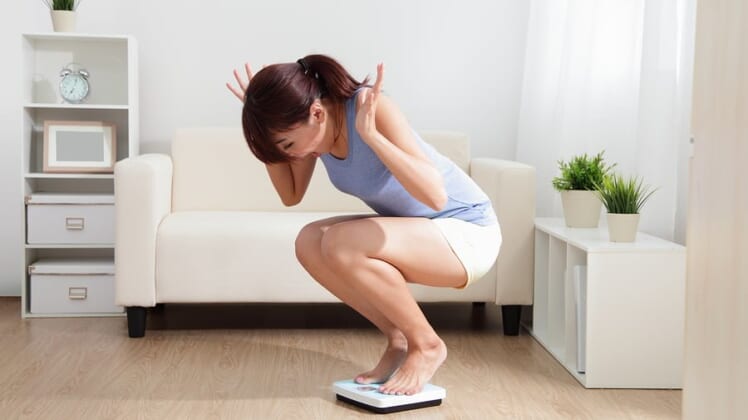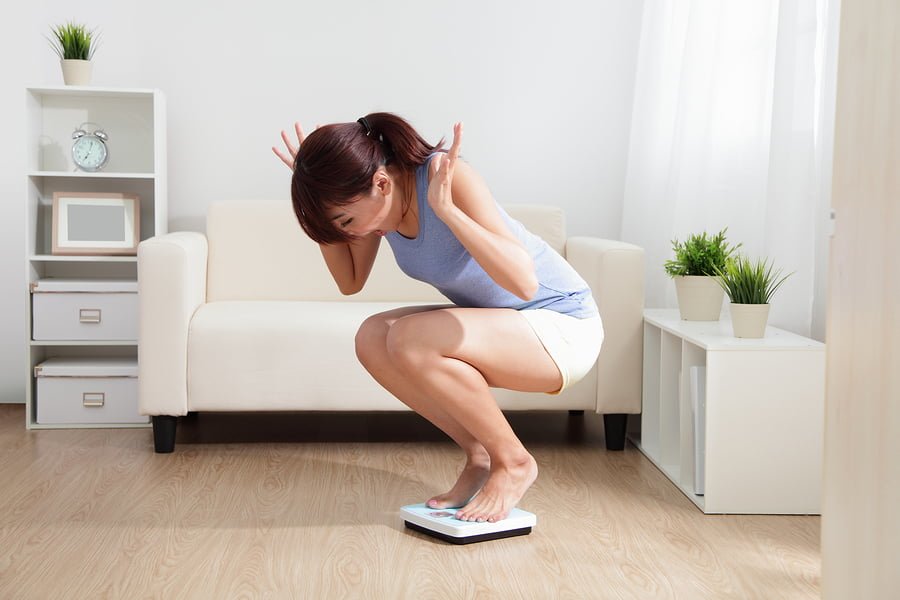
 As a woman, you probably feel guilty about eating more food than you usually do when that time of the month comes around. Don’t! There is no reason to feel guilty for doing what is a natural occurrence for your body, as long as you don’t go overboard of course. Each month during your menstrual cycle, estrogen and progesterone hormones fluctuate, causing some women to increase their food intake. This also causes emotional eating as some women will over consume foods in response to negative emotions. Not everyone will experience this, however the increase in weight during menstruation is simply a natural and biological monthly recurrence.
As a woman, you probably feel guilty about eating more food than you usually do when that time of the month comes around. Don’t! There is no reason to feel guilty for doing what is a natural occurrence for your body, as long as you don’t go overboard of course. Each month during your menstrual cycle, estrogen and progesterone hormones fluctuate, causing some women to increase their food intake. This also causes emotional eating as some women will over consume foods in response to negative emotions. Not everyone will experience this, however the increase in weight during menstruation is simply a natural and biological monthly recurrence.
What You Shouldn’t Do and Why
It is easy for women to worry and stress out about this weight fluctuation. But, it is very important not to get too concerned and overstress yourself, as being overly concerned could increase the risk of developing a potentially very dangerous eating disorder. This is just what researchers at Michigan State University recently discovered. They found that as women’s food intake increased, so did their preoccupation with their body image and shape. If this preoccupation progresses to an intensified obsession, this is when there is an increased risk for symptoms of an eating disorder. From there, a dangerous series of events could occur potentially leading to the development of life threatening eating disorders including bulimia nervosa or anorexia nervosa. Researchers emphasized that the high intake of food is all part of a natural, evolutionary process as your monthly cycle is preparing for potential pregnancy. The authors state that emotional eating, as well as numerous other factors that drive eating disorder symptoms in women during reproductive and hormonal stages will be identified in future work in this area.
What You Should Expect
During the first three stages of your menstrual cycle right before your period, women are known to gain anywhere from 2 to 10 pounds of excess weight. This weight gain starts to be relieved when your period hits. Then, after the completion of the cycle, weight gain can start appearing once again. In order to prevent too much water retention, it is best to avoid consuming high salt foods in your diet. You should also remember to drink plenty of water to help your body flush out retained water through urination. Regular exercise can also help alleviate PMS induced weight gain.
